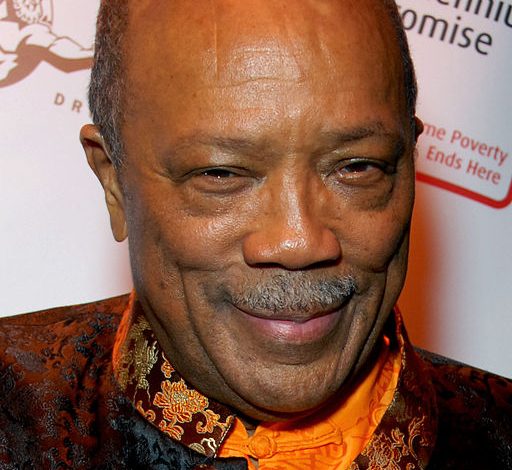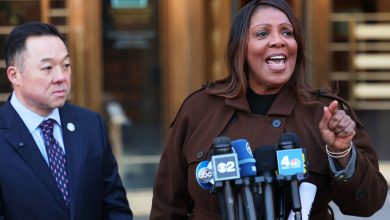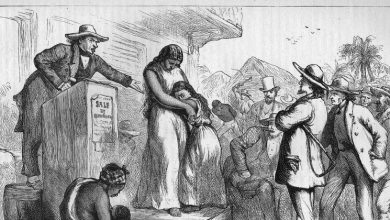7 Things to Know About His Legacy

Iconic composer, conductor, trumpeter, producer, and civil rights activist Quincy Jones passed away on Nov. 3 at his home in Bel-Air, California, at the age of 91, Variety reported. Over his extraordinary seven-decade career, he shaped the soundscape of multiple generations and elevated both music and the broader cultural landscape. Here are seven things to know about his legacy.
1. Quincy Jones: A Musical Prodigy And Jazz Pioneer
Born on March 14, 1933, in Chicago, Illinois, Jones developed an early love for music. He began studying the trumpet at Raymond Elementary School in Chicago and later honed his craft in Seattle, Washington, where he graduated from Garfield High School. Early in his early career he performed with legends such as Lionel Hampton and Dizzy Gillespie, according to Black Past.
2. Jones Broke Barriers In The Music Industry
In 1964, Jones became the first African American to hold an executive position at a major record label, Mercury Records. He moved through genres–from jazz to pop to R&B. He produced hits for Lesley Gore in the early 1960s (including “It’s My Party”). He was also an arranger and conductor for several collaborations between the jazz artists Frank Sinatra and Count Basie.
3. The Quincy Jones & Michael Jackson Collaborations
One of Jones’ most celebrated achievements was his work with Michael Jackson. Their collaborations produced three of the most influential albums of all time: Off the Wall (1979), Thriller (1982), and Bad (1987). Thriller alone sold over 100 million copies. Jones’s production genius shaped tracks that have become global anthems, according to Biography.
4. Film Scores And A Cinematic Legacy
Jones also left his mark on Hollywood, composing scores for 33 major films, including In the Heat of the Night and The Color Purple.
5. Jones: Humanitarian And Civil Rights Supporter
Beyond music, Jones was a staunch supporter of civil rights. He became a significant financial backer of Dr. Martin Luther King Jr.’s Operation Breadbasket. In 1985, Jones produced the iconic charity single “We Are the World” to support famine relief in Africa. The song raised millions and was on the Billboard Hot 100 for 18 weeks.
When asked by PBS’s Front Line about working early on in the music business, Jones said, “The climate in the ’50s and ’60s for Black performers or Black people in the entertainment business was atrocious. It was atrocious. The music was happening and everything else but when you call it the music business they were in just in the music and not in the business at all because the stories of what used to happen with management and record companies and so forth in the ’50s, I mean it’s nothing like today. People walk around, like Michael Jacksons and Princes and Babyface or whoever is happening, they are industries, I mean serious seriously big industries. I remember working with Nat Cole on a tour in 1959 and he says I’m Nat Cole, a singer and a jazz piano player but I’m also an industry and he became an industry…”
6. Grammy Powerhouse
Jones’s illustrious career earned him 28 Grammy Awards out of 80 nominations, and in 1992, he received the Grammy Legend Award. He inducted into the Rock & Roll Hall of Fame in 2013.
7. Jones Had A Legacy Of Firsts
In 1968, Jones became the first African American to be nominated for an Academy Award for Best Original Song for “The Eyes of Love” from the film Banning. And, he was nominated for an Academy Award for Best Original Score for the 1967 film In Cold Blood. This made him the first African American to be nominated twice in the same year. In 1971, Jones became the first African American to be the musical director and conductor of the Academy Awards. He was the first African American to be awarded the academy’s Jean Hersholt Humanitarian Award in 1995.




